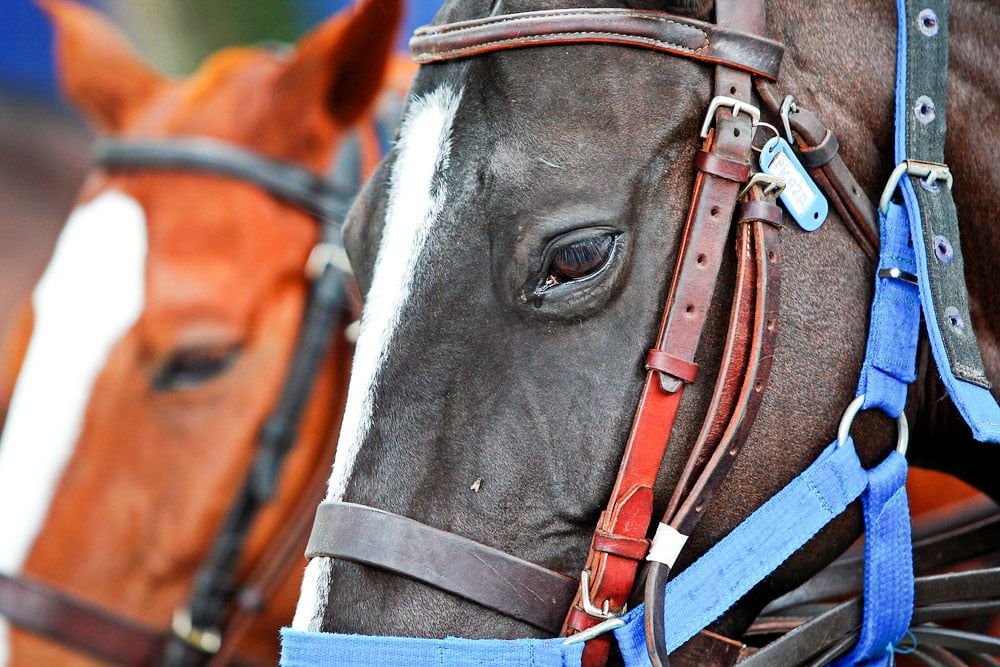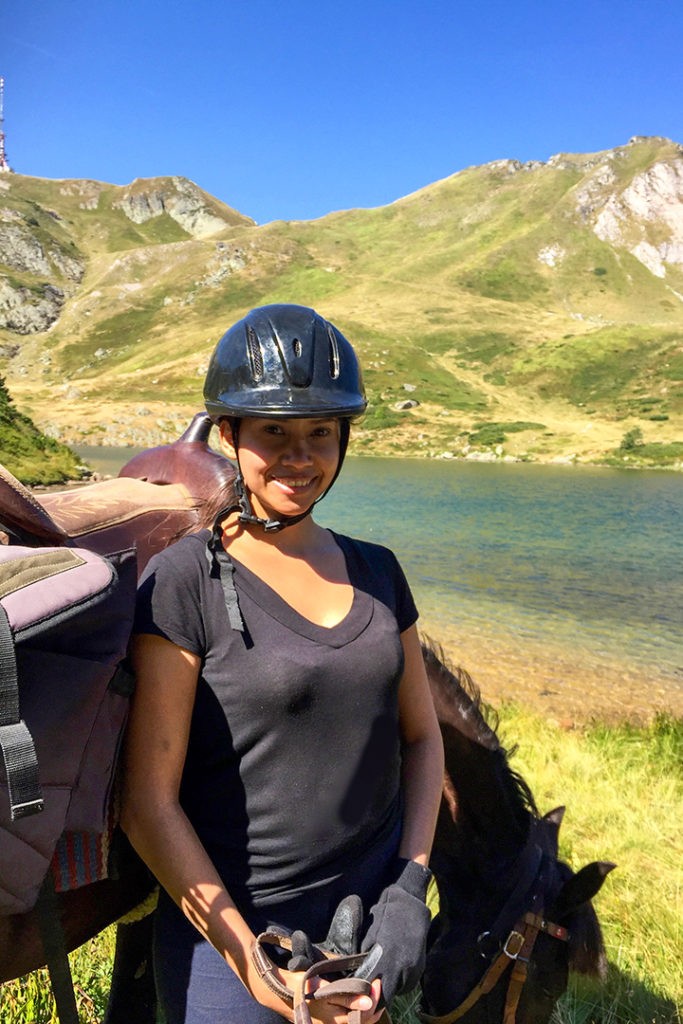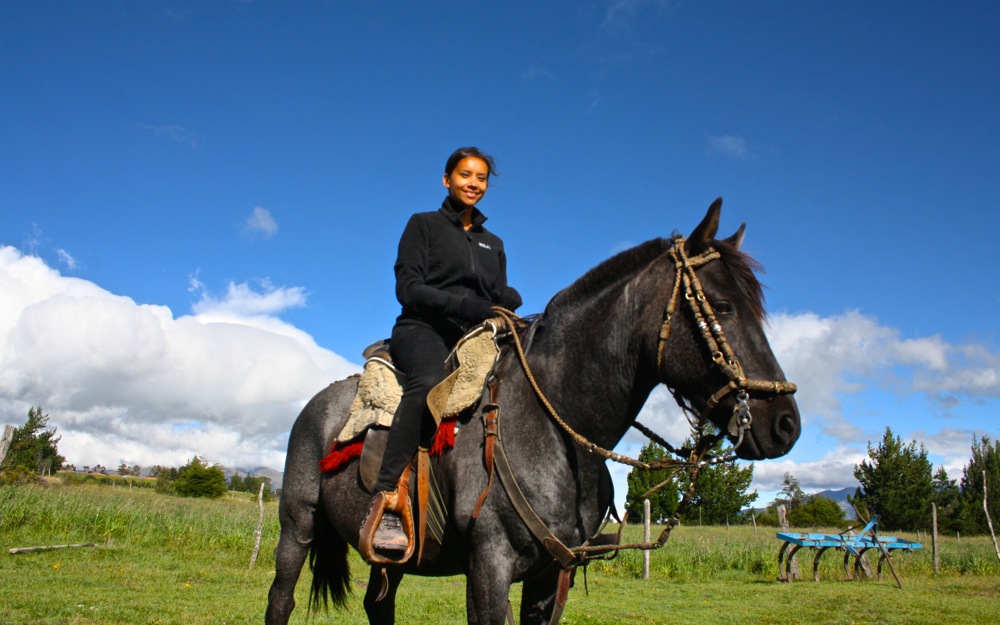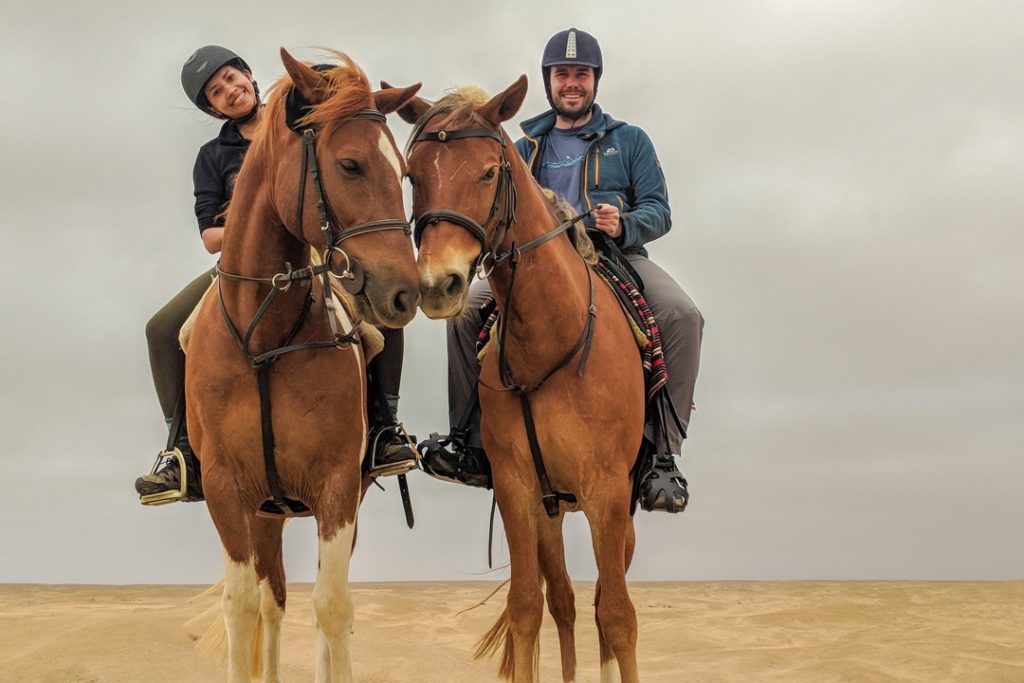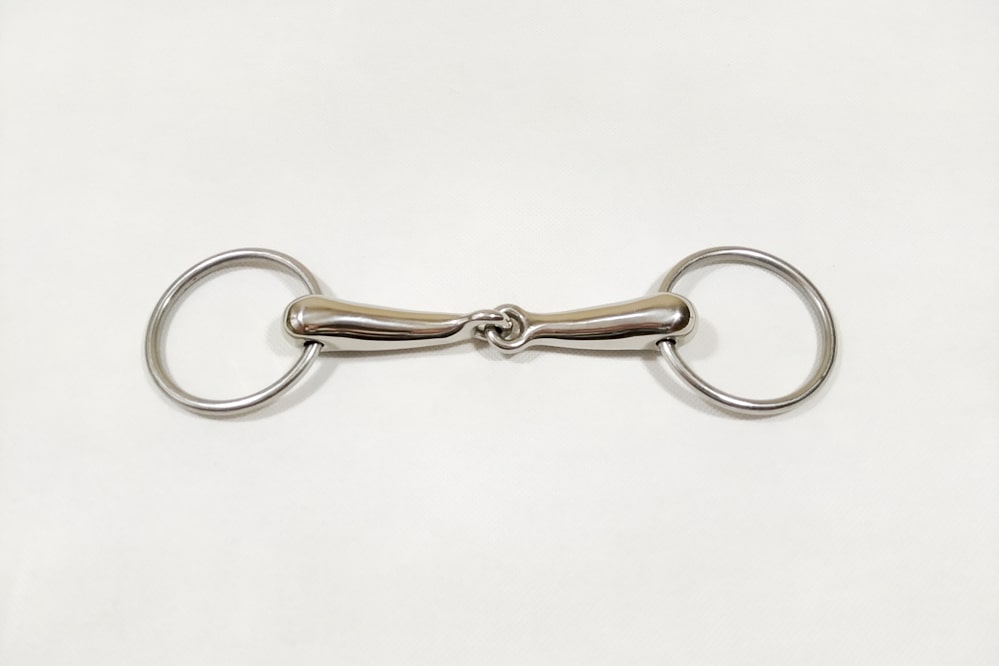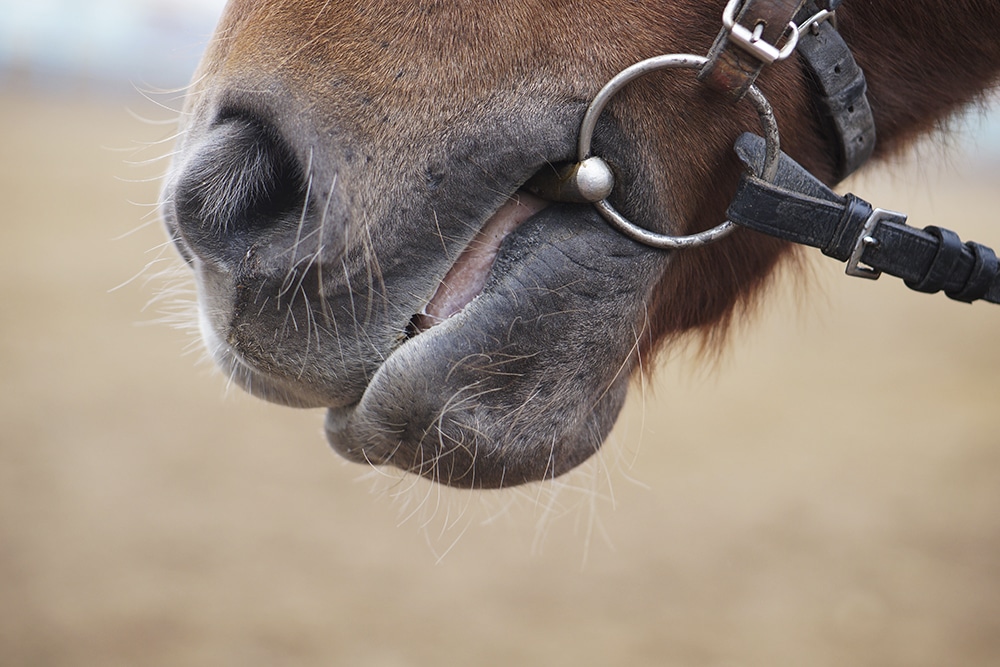After years of riding horses, Kia explains why she’s chosen to quit
My first impression of horse riding was how bloody slow it all was. When I first started to learn back in 2014, all we did for months was walk and trot. I thought I’d be well on my way to cantering by then. Instead, I was mired in the minutiae of technique.
As I became a better rider, however, I realised that it wasn’t minutiae at all but a fundamental part of learning. It’s often said that the best riders look like they’re doing nothing at all and I’ve learnt that this is true. I was being taught a multitude of tiny things slowly and carefully so that one day, I too might call myself a horseman.
When I was learning to canter, my instructor asked me to start counting my horse’s strides and I remember thinking, ‘I’m already trying to keep my back straight (but also relaxed), my head up, my leg on, my heels down, my toes in, the reins loose, all while making making sure that I was striking off on the correct lead. You want me to count strides too?’
Expert riders do all of this effortlessly and though I’ve never got to that point, I have finally learnt to canter and jump. Along the way, there have been more than a few accidents. I’ve fallen off my horse a fair few times, I’ve been kicked twice and trodden on once (all resulting in some glorious bruises). Last year, I broke a bone in my right hand and couldn’t ride for two months. As with any good rider, however, I got back on as soon as I was better.
I love riding. I love the thrill, freedom and romance of it. I love the calm temperament of horses. I’m awed by how these incredibly powerful creatures can also be gentle and skittish.
Mathilde Coolen
Kia’s riding holiday in Montenegro
As I learnt to manage them, however, I started to feel doubts as to what I was doing. If you’re not a rider, it’s likely that the only time you’ve ridden a horse has been on holiday or an excursion. In these cases, the horses are usually tacked and waiting. You don’t see the ‘bit’ (a thick metal bar) being placed into their mouths or the girth being tightened around their torsos, often leaving an indentation when it’s taken off.
I imagined what it felt like to have a thick metal bar placed in your mouth and a bridle around your head so that you could not ease the pressure placed on it by the rider’s rein. There are bitless bridles but they still place pressure on the head. It’s true that most riders are gentle, but it’s also true that when we ride horses, we literally place them in bondage.
Initially, I ignored these niggles. Riders far more experienced than I would tell me that horses love to be ridden; that their very bodies are designed for humans. I was keen to continue riding, so I chose to believe them.
I rode for another two months until lockdown hit in the UK. As restrictions began to ease, I came across an Instagram video of a young horse with its owner. It’s presented as cute and funny, but I couldn’t help but feel that the horse was distressed and confused. Swap him for a young child and this treatment would not be acceptable.
My doubts grew when I watched an interview with lifelong rider and trainer Ren Hurst. In it, Ren explains why she made the difficult decision to quit horse riding after a lifetime spent with horses.
Ren explains that those who claim to love their horse ‘have no idea that the animals they are spending time with are in an absolute state of learned helplessness.’
Some riders argue that horses are domesticated and that submission is in their nature. To them, Ren says, ‘Basing natural horsemanship on the natural dynamics of horses the way they are today would be like basing natural human behaviour on watching a prison yard.’
Horses are intelligent and empathetic animals who would choose to live in nature and in large groups. They would choose to graze in meadows, to run, play and travel long distances. It’s true that domesticated horses are fed and sheltered and therefore benefit in ways from human ownership – but would they choose to be ridden?
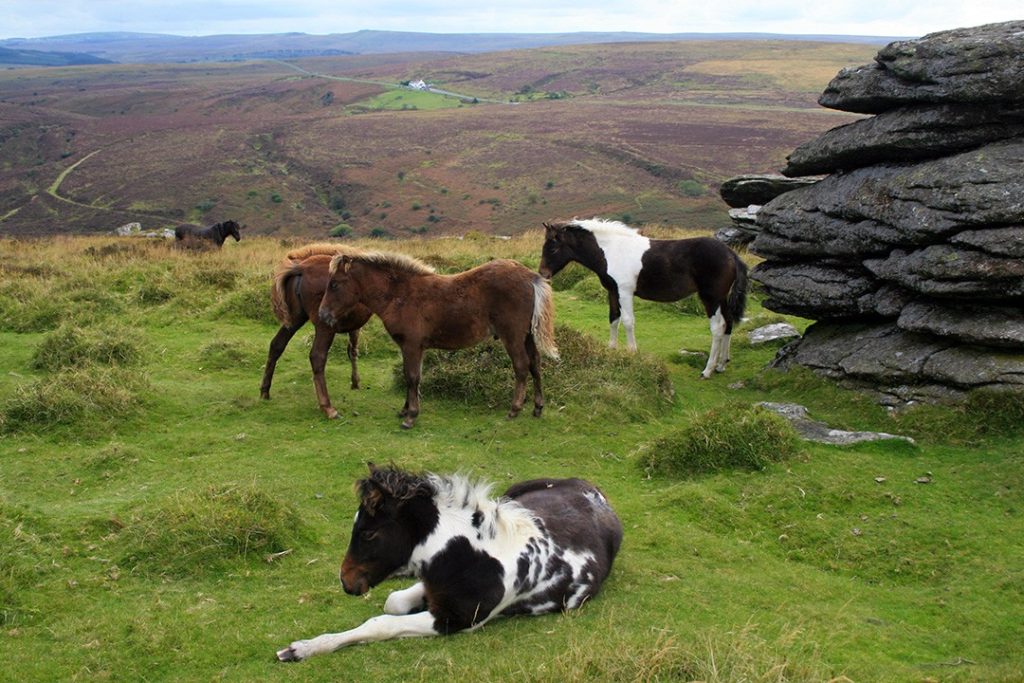
Some riders say that their horses love to be ridden; that they ask for it. Ren is very clear on this point. ‘It is insanity,’ she says. ‘It’s absolute insanity. What’s worse is that many of the horses that are displaying these behaviours – that they like to be strapped with the dead body parts of another animal and have a metal rod stuck in their mouth – they probably do because their life experience is so limited, that that looks like fun in comparison to standing in a stall all day.’
Ren adds, ‘There is such a disconnect between this use of the word “love” and what we actually do to with these animals. I know that these people feel love towards their horses, but if it’s the same love you feel toward your family members… Do you place your family members in bondage, micromanage every aspect of their lives and climb on them whenever you want and ask them to take you around? The answer is no.’
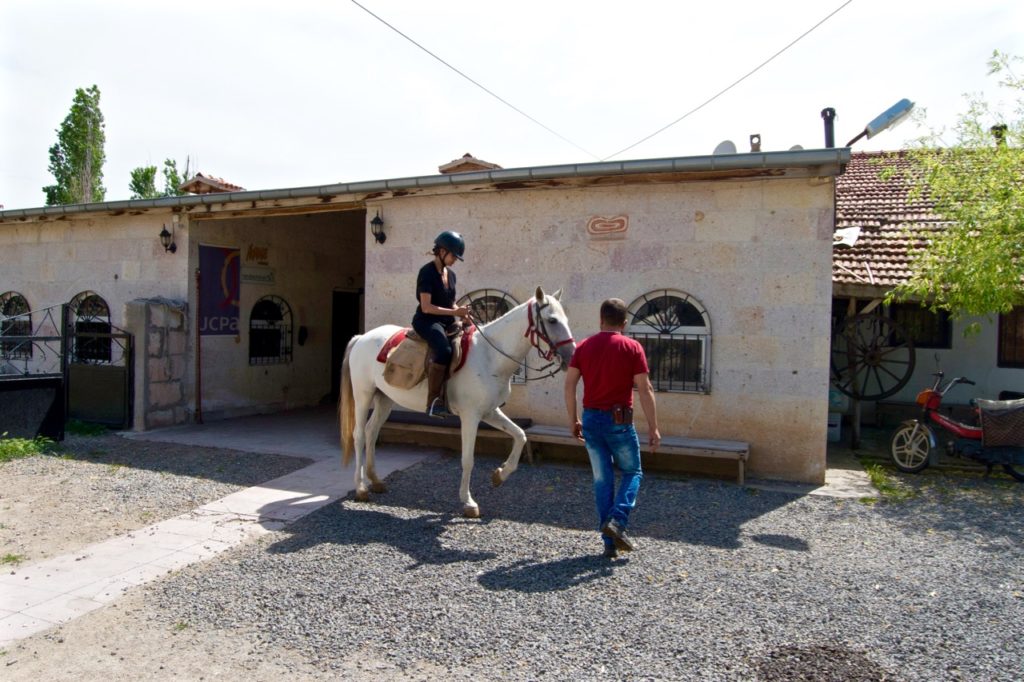
Ren explains that her past clients were often upset on hearing her story. ‘They knew someone like me would never give up riding if there wasn’t something profoundly true about why I did it.’
I’ve thought about that interview a lot. I believe Ren, which is why I’ve asked myself if it’s finally time to quit horse riding. I’m lucky in that I have other passions (writing and travel), and that riding is more a hobby. I empathise with those who have ridden all their lives and who see it as a lifeline that eases the pressures of the daily grind. I do wonder though if they could spend time with horses without having to ride them.
There are situations, of course, in which riding is necessary. Rural communities depend on horses for transport and income. I, however, do it for pleasure. I don’t need to ride and so I’ve made the difficult decision to quit horse riding for good. As much as it pains me to let it go, I believe it’s the right thing to do.
